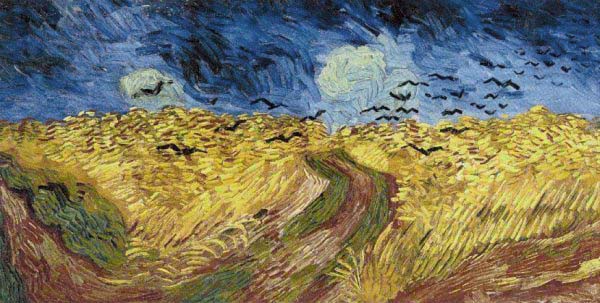
Among my guilty pleasures are the lower echelons of several modes of popular culture, including comics (particularly vintage copies from the 40's through the 60's) and music. KISS had a lot in common with comics actually, as the quartet came up with the magnificent 70's shtick of costumed secret identities: the rock band as perverse homage to the Justice League of America. I read today that KISS is coming out with a new record, amusingly titled "Sonic Boom," due out on October 6, a date and a year than which nothing could be more fitting in my case. It's almost enough to make me go out and buy a turntable in case it's released on vinyl. Supposedly the record is being advertised as the band's best effort since their 70's heyday; if that's damning with faint praise, so be it.
I wish I could recall when I first stumbled upon KISS, but it wasn't long before I discovered theirs was a subversive aesthetic deliciously at odds with the adult world around me. I came upon them when they were still in their prime, riding high on records like Destroyer and Alive I and II. They were my first concert, which I suppose would have been in 1979 as it was the Dynasty tour. It was probably one of my father's greatest indignities as a parent that he endured that show; his tastes running as they do to Lawrence Welk, I suppose he inserted his earplugs and stared, bewildered, into the smoky darkness. I would have been ten.
Comics books, which are for kids what opera is for some adults, are over-the-top in their aesthetic and mobilize simple but powerful themes. KISS ingeniously, in a move uniting Joseph Campbell with heavy metal, utilized several potent archetypes appealing even to kids and teenagers: the demonic (Gene Simmons), the spiritual or otherworldy (Ace Frehley), the animal (Peter Criss), and of course the sexual (Paul Stanley). Their shows, employing fire-breathing, blood-spitting and various other antics, generally outshone their studio records in both musical intensity and overall effect. It was a formula that probably shouldn't have worked, but for a few years it did. It was like a popular parody of Wagner's gesamtkunstwerk.
The actual music of KISS is a farrago of slick guitar chords and saccharine pseudo-strings. And if 80% of popular music is about one wild thing, in KISS's case it may have been more like 90%, and with less subtlety. For a pre-teen this was just fine; I was receiving disguised messages from an adult world barely guessed-at. It all segued well with a fascination for Conan the Cimmerian (in the form of the decadent Robert E. Howard books, not the Schwarzenegger movies--I still have to remind myself this actor is governor of California). Sure, stuff like "Calling Dr. Love," "God of Thunder," and "Rock and Roll all Nite" was schlock, but it was schlock a ten-year-old could well appreciate. I just loved the iconography; although like boxed wine it may have been tawdry, it pushed physiological buttons and added meaning to the world. The over-the-top excess (check out the shoes!), so foreign to my usual identity, appealed. Even the band's old label--Casablanca--evoked vistas of virtually unattainable mystery. By my early teens I had moved on; but do we ever fully "move on?"
I suppose I loved Simmons the best. While my full defection from conventional religion wouldn't come for a few more years (courtesy of Dostoyevsky and Nietzsche), Simmons delivered a message every young boy needs to hear: you have impulses that aren't very nice, but that's natural and okay, so long as you express them this way, in a song and not in the world. Did KISS do any harm I wonder? There have been infamous casualties at Who and Rolling Stones concerts, but KISS?
The real problem with pop phenomena like KISS is that they outlive their glory by about thirty years, recylcing material into their dotage. Around 1980 they should have disbanded and, like Prospero, should have broken their staves and "deeper than did ever plummet sound" have plunged their books, rather than having lived on as a caricature of 70's culture. If they produce anything remotely worthwhile on October 6 they will command a new archetype: Lazarus.

